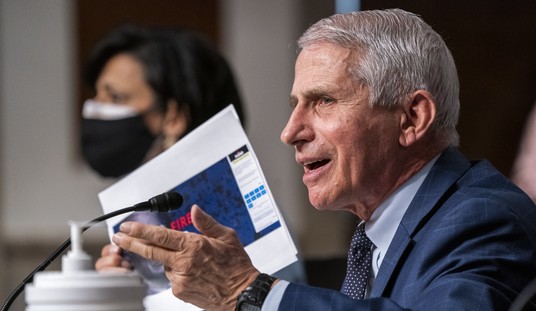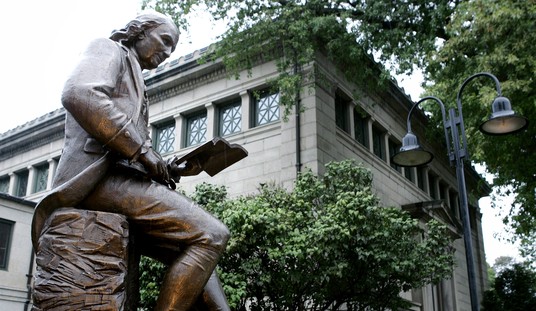One year ago, Illinois was forced by the courts to allow the issuance of concealed carry permits over the great objections of anti-gun rights groups. We were warned that there would be “blood in the streets” and carnage unbound. After twelve months of this horrid state of affairs, the police in the Land of Lincoln report that the event has turned out to be pretty much a big nothing-burger.
“For us, it’s been a non-event,” said Joe Gallo, deputy chief with Champaign police, echoing a similar sentiment as law-enforcement officials in other area counties.
When Illinois became the last state to enact concealed-carry in January, after the 7th U.S. Circuit Court of Appeals struck down its long-time ban, police expressed concerns about safety. One of their biggest fears: police interactions with licensed gun carriers during traffic stops.
Champaign County Sheriff Dan Walsh said deputies made one DUI arrest of a concealed-carry permit holder in 2014. The driver was completely cooperative, he said.
Walsh said he told his deputies when the law went into effect to let him know if they ran into any problems.
“I’ve yet to get one,” he said.
As Bob Owens notes, legal concealed carriers are probably about the last people that the cops need to worry about.
Concealed carriers in most states are required to undergo a through background check before getting a concealed carry permit, and many states require concealed carriers to undergo a certain number of hours of training focused on the law and legal theory of armed self-defense as well. Many states also require a shooting test to show (very basic) competency with a handgun on static targets at a short fixed range.
Curiously, there seems to be little to no difference in the percentage of negligent or criminal shootings by concealed carriers in states with absolutely not permitting process required (typically referred to as “constitutional carry”) and those states that have more restrictive standards (like Illinois), suggesting that the state-mandated courses might not have an significant effect of any sort, other than to create a cost and procedural barrier to lawful carry.
Supporters of the Second Amendment may well look at this story and say, so what? This was about as predictable as the sun coming up in the East. But in a way, that’s what makes it such an important story, and one which deserves more coverage in the mainstream press than it will receive. It speaks to the wider question of laws mandating gun rights restrictions in general in an important way. Gun control laws don’t impact anyone who is already predisposed to break the law. Passing one more layer of restrictions isn’t going to prevent a gang member from using a weapon in a crime. There aren’t any Bloods or Crips out there thinking, Gee, I’d really like to murder Bill for cutting into my crack sales territory, but I can’t risk the fine for having an unlicensed gun.
When you place burdensome restrictions on gun ownership, you are only limiting the rights of those who don’t wish to break the law. And as Illinois has now shown, when you allow for legal, concealed carry, all you produce is more law abiding citizens who receive training on safe, proper weapon use and the laws which apply to it. Sadly, I doubt this will make the chyron at CNN any time soon. Stories like this simply don’t fit the narrative.








Join the conversation as a VIP Member